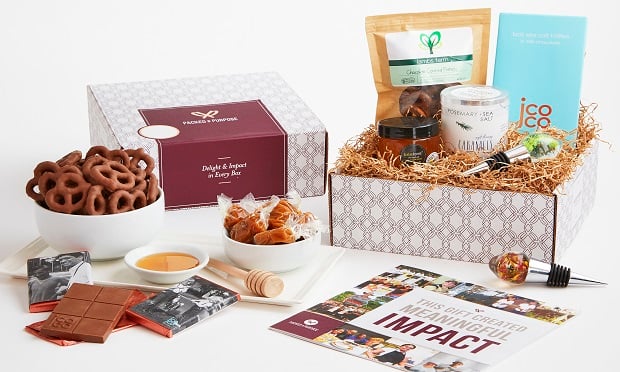 If you're set on giving traditional, material gifts, consider buying a product made by a socially conscious enterprise. (Photo provided by Packed with Purpose)
If you're set on giving traditional, material gifts, consider buying a product made by a socially conscious enterprise. (Photo provided by Packed with Purpose)
This time of year, P&C insurers are thinking about how they can show their appreciation to customers.
Recommended For You
Want to continue reading?
Become a Free PropertyCasualty360 Digital Reader
Your access to unlimited PropertyCasualty360 content isn’t changing.
Once you are an ALM digital member, you’ll receive:
- Breaking insurance news and analysis, on-site and via our newsletters and custom alerts
- Weekly Insurance Speak podcast featuring exclusive interviews with industry leaders
- Educational webcasts, white papers, and ebooks from industry thought leaders
- Critical converage of the employee benefits and financial advisory markets on our other ALM sites, BenefitsPRO and ThinkAdvisor
Already have an account? Sign In Now

